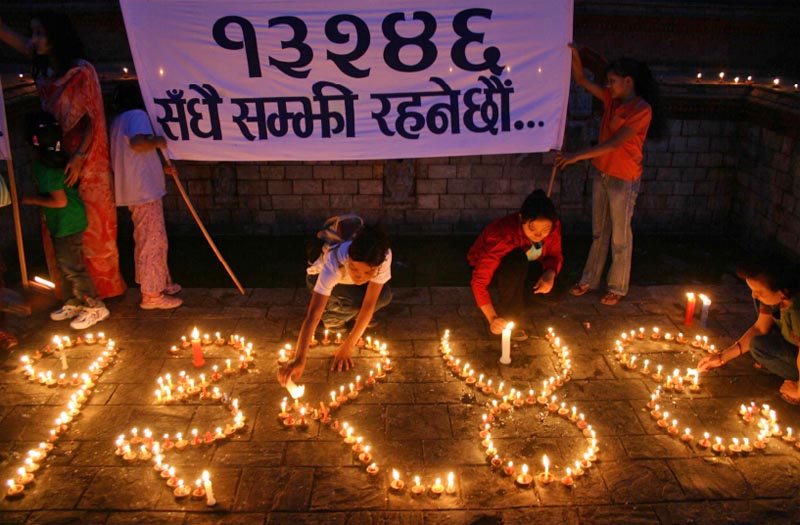TRC rules out any amendment to its working procedure
Kathmandu, August 29
The Truth and Reconciliation Commission has ruled out amending its working procedure that has a provision to shelve inquiry into hundreds of war-era complaints.
A meeting of TRC office-bearers on Sunday denied revising its recently endorsed procedure, which was dubbed against the principle of transitional justice by conflict victims.
The transitional justice body defended the guideline, claiming that it was framed to take care of relevant laws, principle of transitional justice and international practices.
Conflict Victims National Society Secretary Gyanendra Raj Aran last week filed an application at TRC, stating that several provisions of the working procedure were designed to give amnesty to perpetrators of heinous crimes committed during the decade-long Maoist insurgency.
The Truth and Reconciliation Commission also denied to provide original copy of the minutes of the decision that endorsed the guidelines, claiming that it might affect the privacy of the transitional justice body, according to a source.
Aran had sought the minute as a victim of insurgency.
In TRC meeting, its member Madhabi Bhatta sought to revise controversial clauses of the procedure, while other four members, including Chairman Surya Kiran Gurung, were against the revision, said sources.
Bhatta was absent when the procedure was endorsed earlier this month. She added that TRC was a public institution and its decisions, including the copy of its minutes, had to be made available to the victims.
Talking to The Himalayan Times, Aran said CVNS, along with other associations working for the cause of the victims, would move court to get justice.
“Since our genuine concerns have been rejected by the TRC, we have no choice but to move court against the TRC,” he added.
Aran said as per the procedure, investigation into most of the insurgency-era rights violation cases would be shelved and thousands of victims would be denied justice.
While seeking complaints from conflict victims, the Truth and Reconciliation Commission in April had claimed that it would accept complaints even without mentioning complainants’ names.
The transitional justice body had also stated that it would record complaints even over phone, according to Suman Adhikari, chairman, Conflict Victims’ Common Platform.
But, as per the guidelines, investigation into complaints can be put on hold on several grounds, including lack of evidence, inadequate details, use of coercive tactics to force resignation and involvement in insurgency.
It stated that complaints related to threats, psychological torture and extortion would not be considered for further investigation.






